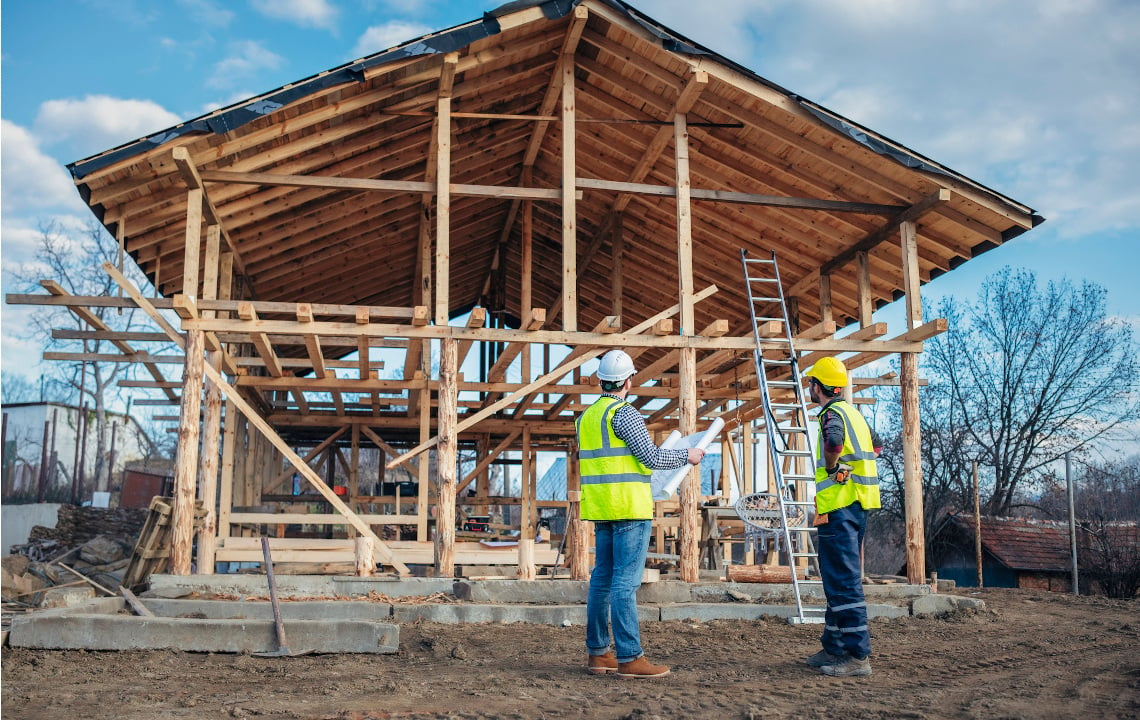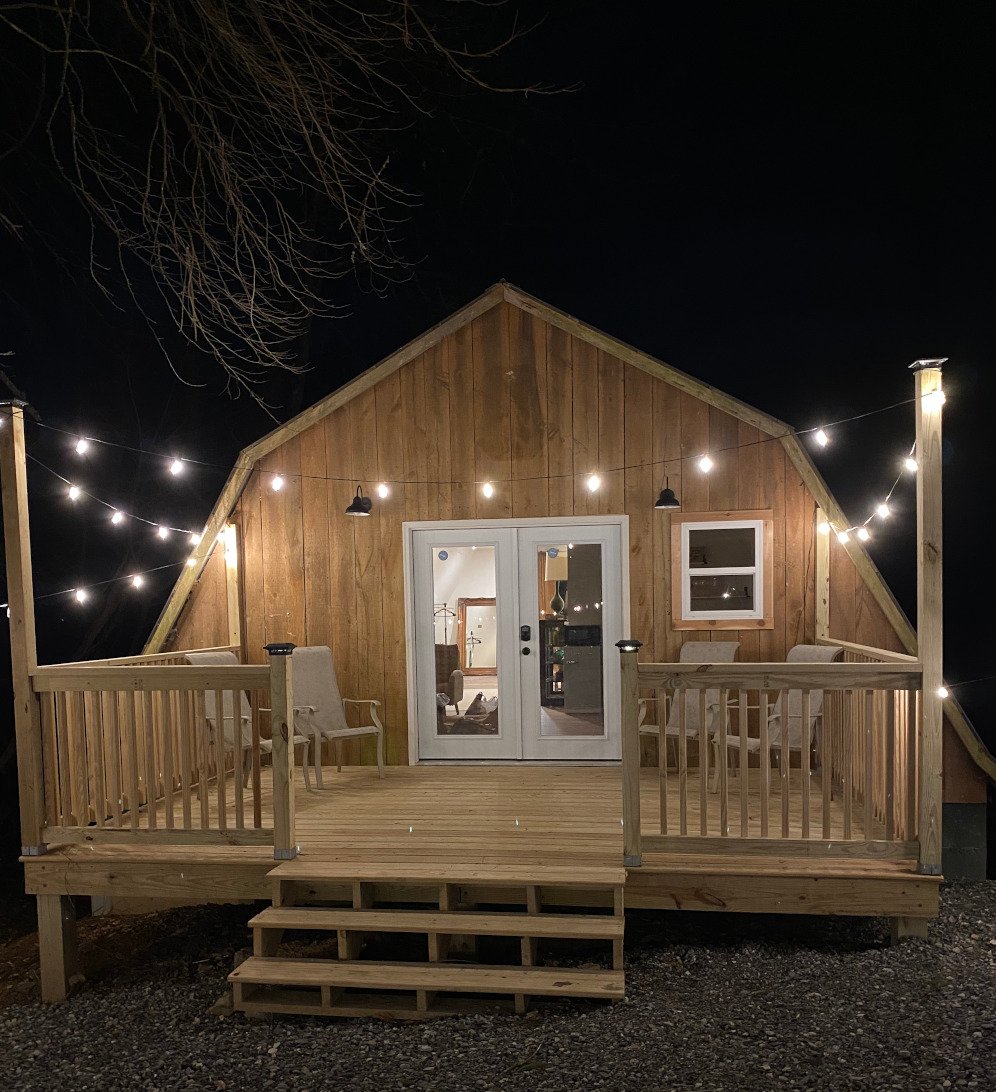It’s a tempting proposition: cut out the cost of a general contractor and you could save a good chunk of change on your overall home-building or remodeling costs. But before you go out and buy yourself a new hard hat and T-Square, it’s important to weigh the pros and cons of self-contracting.
“Some of the top things to consider when thinking about self-contracting are if you have the time, skills, knowledge and tools to actually execute the work required by the project,” says John Bodrozic, co-founder of the digital home management website, HomeZada. “A professional contractor brings project management, trade coordination and sequencing skills to a complex project. This comes with a cost because homeowners should expect to pay for this level of skill in making sure the project gets done correctly and stays on budget.”
work required by the project,” says John Bodrozic, co-founder of the digital home management website, HomeZada. “A professional contractor brings project management, trade coordination and sequencing skills to a complex project. This comes with a cost because homeowners should expect to pay for this level of skill in making sure the project gets done correctly and stays on budget.”
Bodrozic recommends homeowners honestly assess the complexity of the project and whether they’re up to the task. A brand new house or a major remodel will require a full set of detailed plans and anywhere from 15 to 20 different specialty subcontractors, while a project like a deck add-on will be significantly less complex.
“Regardless of which approach people take, it is important for the homeowner to keep really great digital records of all the budget, costs, photos, warranties, plans, permits, etc.,” he says. This helps the homeowners stay on top of the paperwork, which can help manage the project. These records are also vitally important to make sure the home is properly insured after the project and that a plan is in place to do preventative maintenance.”
Whether you’re embarking on a remodel or a full-scale home build, we’ll help you break down the pros and cons of acting as your own general contractor.
THE PROS
1. You Can Save Money
One of the primary reasons homeowners choose to self-contract is to save money. It’s true there can be significant savings associated with doing the work yourself.
General contractors make money by charging a fee on top of the overall cost of the project. Some will charge a flat fee, but according to Angie’s List, most charge between 10 and 20 percent of the overall job. So by acting as your own contractor on a $200,000 build, you could save anywhere from $20,000 to $40,000 or more.
Before making the decision to hire or self-contract, it’s important to lay out the actual costs of your project—from materials to labor to the tools and equipment required for the job. It’s also a good idea to meet with a handful of general contractors and work up an estimate. (Often, they’ll do this initial consult at no charge to you.)
2. You’re In Control
If your vision is laser-focused, having complete control of your build and the subcontractors you hire gives you a better chance of getting exactly what you want. The same is true for a landowner keen on using reclaimed materials or one-of-a-kind vintage finds. Translating your vision to a third party can be tricky, and taking on the planning and execution yourself is one way to ensure you’re in complete control.
3. You Get The Satisfaction of Doing It Yourself
Many homesteaders and rural dwellers take great pride in tackling a challenge. Building your own home or taking on a major remodel is the ultimate DIY. Make it a family project and you get the added bonus of the bond that comes with working side-by-side toward a common goal.

THE CONS
1. It’s Easy to Overestimate Savings
There’s no shortage of resources that will tell you the joy and ease of self-contracting—not to mention the thousands of dollars you’ll save! But beware of one-sided advice.
According to BuildingAdvisor.com, “Most [books and websites] exaggerate the savings and minimize the time commitment required, the difficulties, and the risks.”
This is because estimated costs are often vastly different than real costs. When you consider cost overruns, time commitment, and any number of unexpected expenses, your real dollar savings can be substantially less.
2. It Takes A Lot of Time (Maybe More Than You Think)
From planning to scheduling to learning the ins and outs of a home build, you could be looking at adding another part-time or even full-time job to your schedule. Ask yourself honestly if you have the 25-40 hours per-week it may take to organize, plan, monitor, research, recruit, hire and oversee your major remodel or build. If not, hiring a contractor may save your sanity, even if it costs a bit more.
3. You’re Not a Professional
Professional contractors have a list of professional contacts. Your contacts list might be light on plumbers and electricians with stellar credentials. Sure, you can research and ask for references, but that takes time and—quite often—trial and error.
A good general contractor comes with the knowledge and skills of a professional. This could include oversight and quality control of all subcontractors he or she hires, knowledge of building codes and permitting requirements, and more. Your contractor should also have an in-depth knowledge of the building process. This means when your build hits a snag or a subcontractor is a no-show, your contractor isn’t rattled and will be able to keep your project moving.
If you find a contractor you trust and who gets your vision, the contractor will bring vendors he or she is willing to vouch for. That’ll save you both time and the headache of hiring someone who flakes or does sub-par work.
4. The Buck Stops With You
The downside of being the boss is that you have to be the boss. When you’re the boss, you get the call when things go sideways—and they will.
One of your subcontractors doesn’t show up and the project can’t move forward? You get the call. Your custom-made windows show up and they don’t fit? You get to deal with that. A carpenter slices off his thumb on a table saw or falls, breaking bones? Did you get the right insurance?
“The better the planning, the fewer the problems and surprises,” according to BuildingAdvisor.com. “However, [if you have a] lack of experience in construction, you can expect more than the average share of surprises and problems.”
Bottom line, do your homework and make sure you know what you’re getting into before you move forward.

























